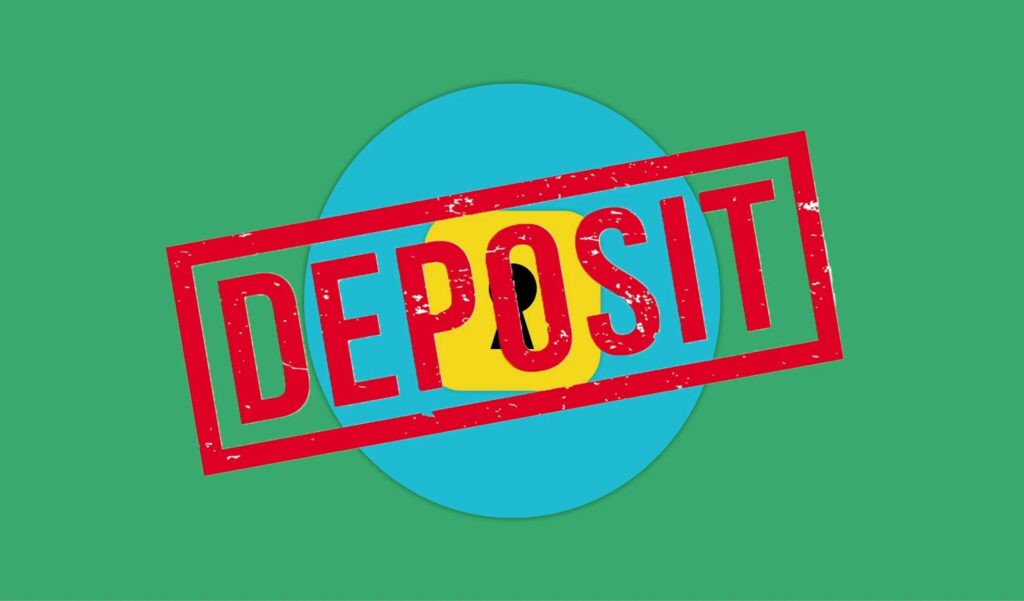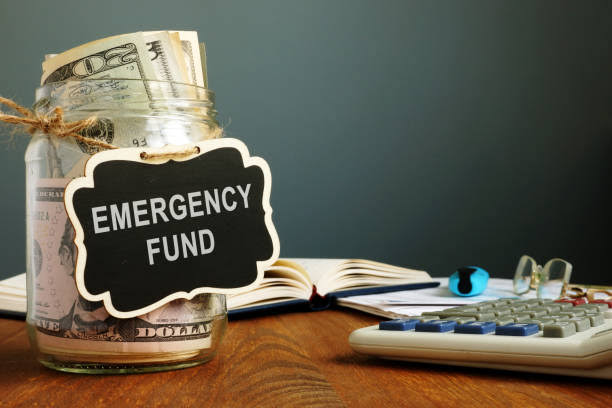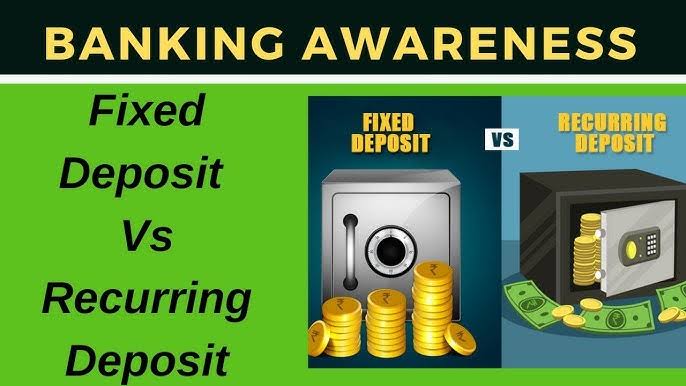When it comes to saving money, two popular options often come to mind: Fixed Deposit (FD) and Recurring Deposit (RD). Both are reliable, safe, and offer guaranteed returns, making them an ideal choice for risk-averse investors. But which one should you choose? Let’s dive into the details and make this decision easier for you!

Understanding FD and RD
Fixed Deposit (FD): In a Fixed Deposit, you invest a lump sum of money for a specific period at a predetermined interest rate. At maturity, you get the principal amount along with the interest earned.
Recurring Deposit (RD): RD allows you to deposit a fixed sum of money every month for a specific tenure. At the end of the period, you receive the cumulative amount plus the interest earned.
Both are offered by banks and financial institutions and are excellent for conservative investors looking to grow their savings with minimal risk.
Key Differences Between FD and RD
- Investment Style
- FD: You invest a lump sum amount upfront.
- RD: You invest smaller amounts monthly over time.
- Interest Rates
- Generally, FDs offer slightly higher interest rates compared to RDs. However, the rate varies depending on the bank, tenure, and market conditions.
- Suitability
- FD: Ideal for individuals with surplus funds who want to lock in a one-time investment.
- RD: Perfect for salaried individuals or those with a steady monthly income who prefer saving a fixed amount every month.
- Returns
- FD: You start earning interest on the entire investment right from the beginning, making it advantageous for long-term growth.
- RD: Since you invest monthly, the interest is earned incrementally, resulting in slightly lower returns compared to FD.
- Flexibility
- FDs provide the flexibility to choose tenures ranging from 7 days to 10 years.
- RDs generally require a fixed tenure ranging from 6 months to 10 years.
Which One Should You Choose?
Choosing between FD and RD depends on your financial situation, savings habits, and goals. Here’s how you can decide:
- If You Have a Lump Sum: Go for an FD. It allows you to park your idle money and earn higher returns without worrying about monthly commitments.
- If You Want to Cultivate a Saving Habit: RD is the better choice. It disciplines you to save regularly and is perfect for beginners or those on a budget.
- Goal-Oriented Savings: For short-term goals, like buying a gadget or funding a trip, RD can help you save gradually. For long-term goals like buying a car, an FD can yield better returns.
- Emergency Funds: FDs are more suitable for creating an emergency fund because you can withdraw prematurely (albeit with a small penalty).

Final Thoughts
Both Fixed Deposits and Recurring Deposits are excellent tools for saving money and earning stable returns. If you have a one-time windfall, FD is your go-to option. On the other hand, if you prefer saving systematically, RD fits the bill.
To maximize your returns, compare interest rates offered by different banks, explore special rates for senior citizens, and pick a tenure that aligns with your financial goals. In the end, the best choice depends on your unique needs and financial discipline.
Happy saving!
“This Content Sponsored by Buymote Shopping app
BuyMote E-Shopping Application is One of the Online Shopping App
Now Available on Play Store & App Store (Buymote E-Shopping)
Click Below Link and Install Application: https://buymote.shop/links/0f5993744a9213079a6b53e8
Sponsor Content: #buymote #buymoteeshopping #buymoteonline #buymoteshopping #buymoteapplication”

